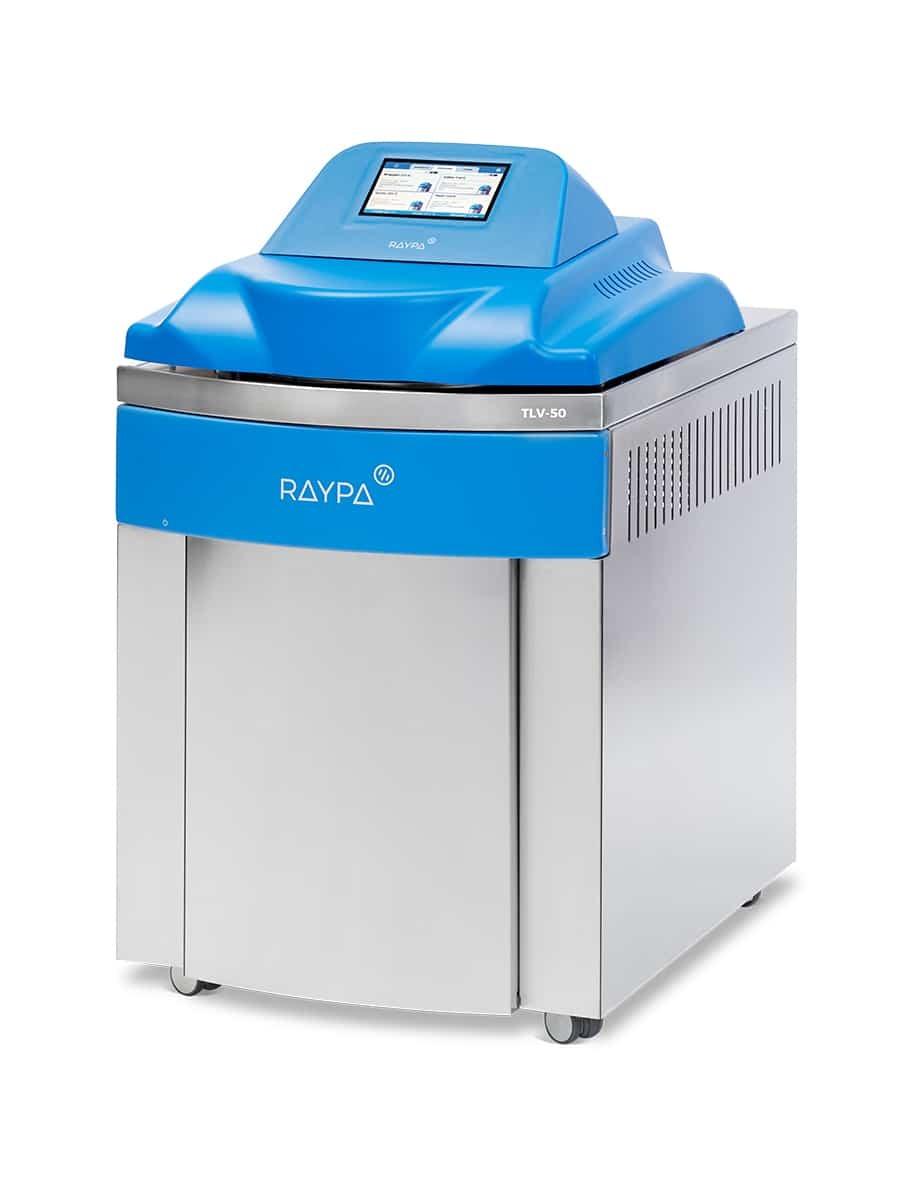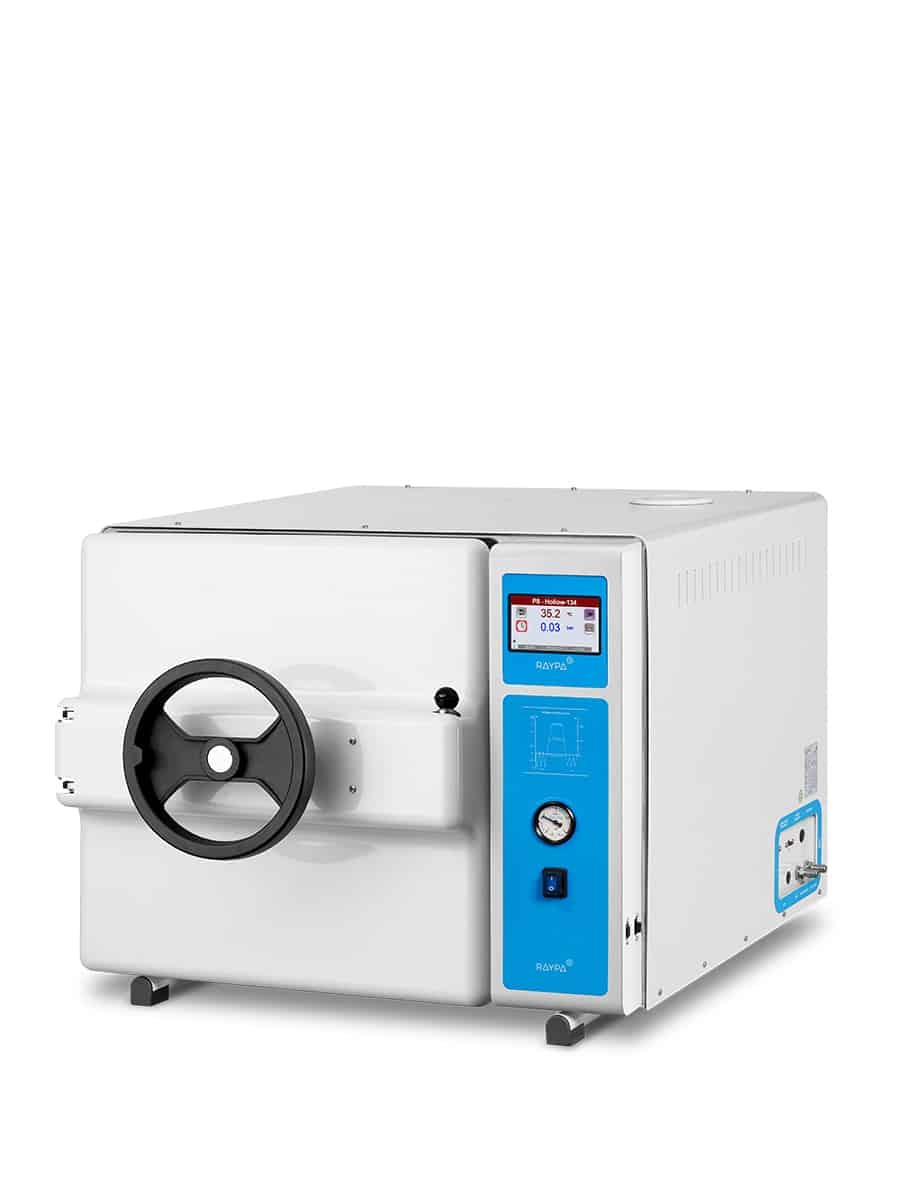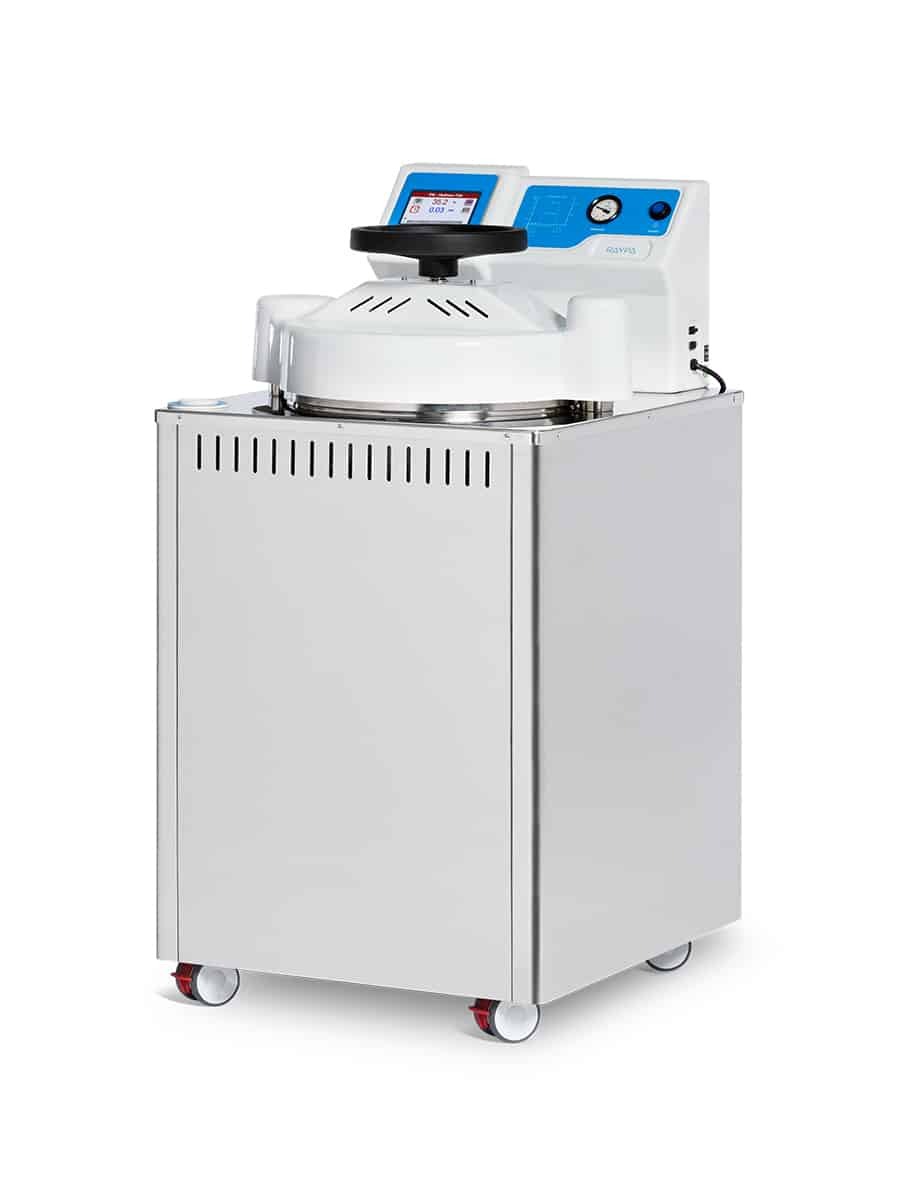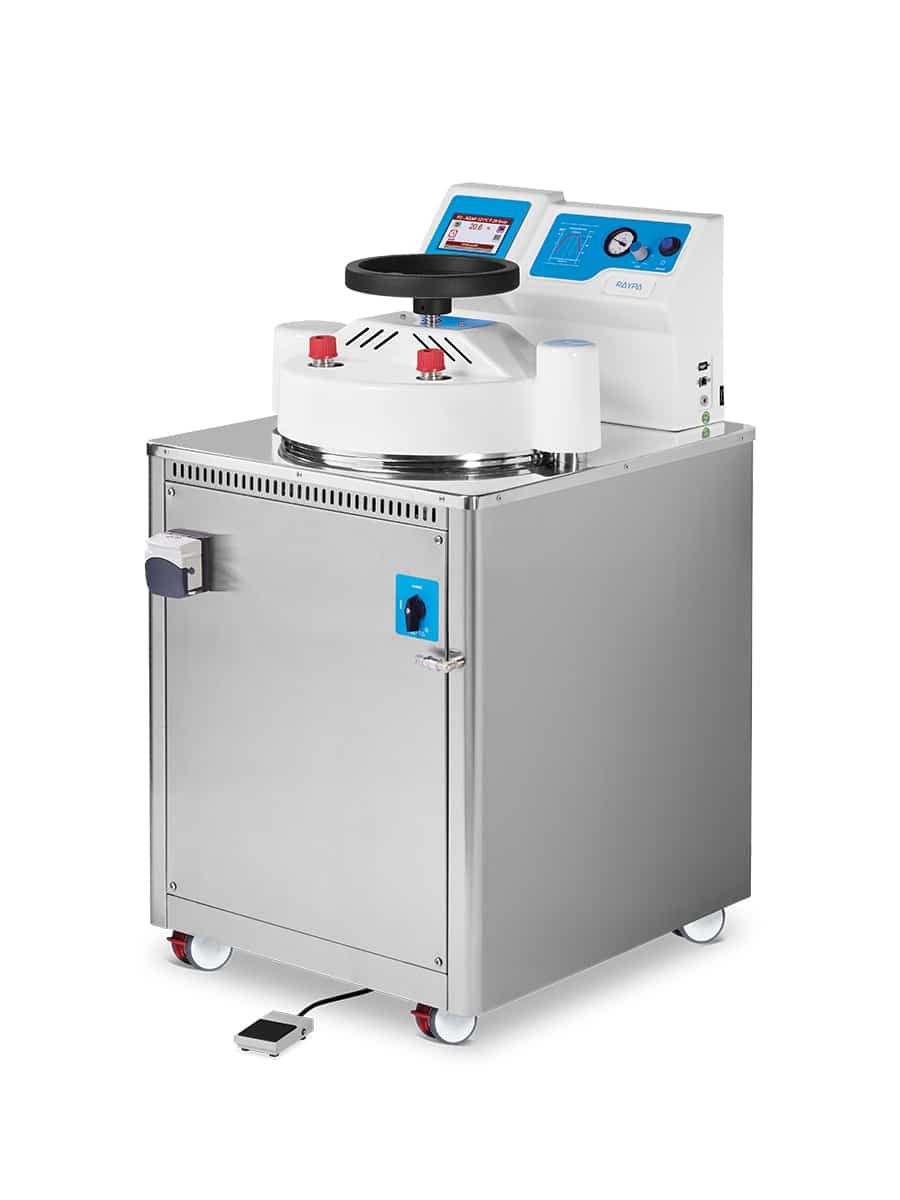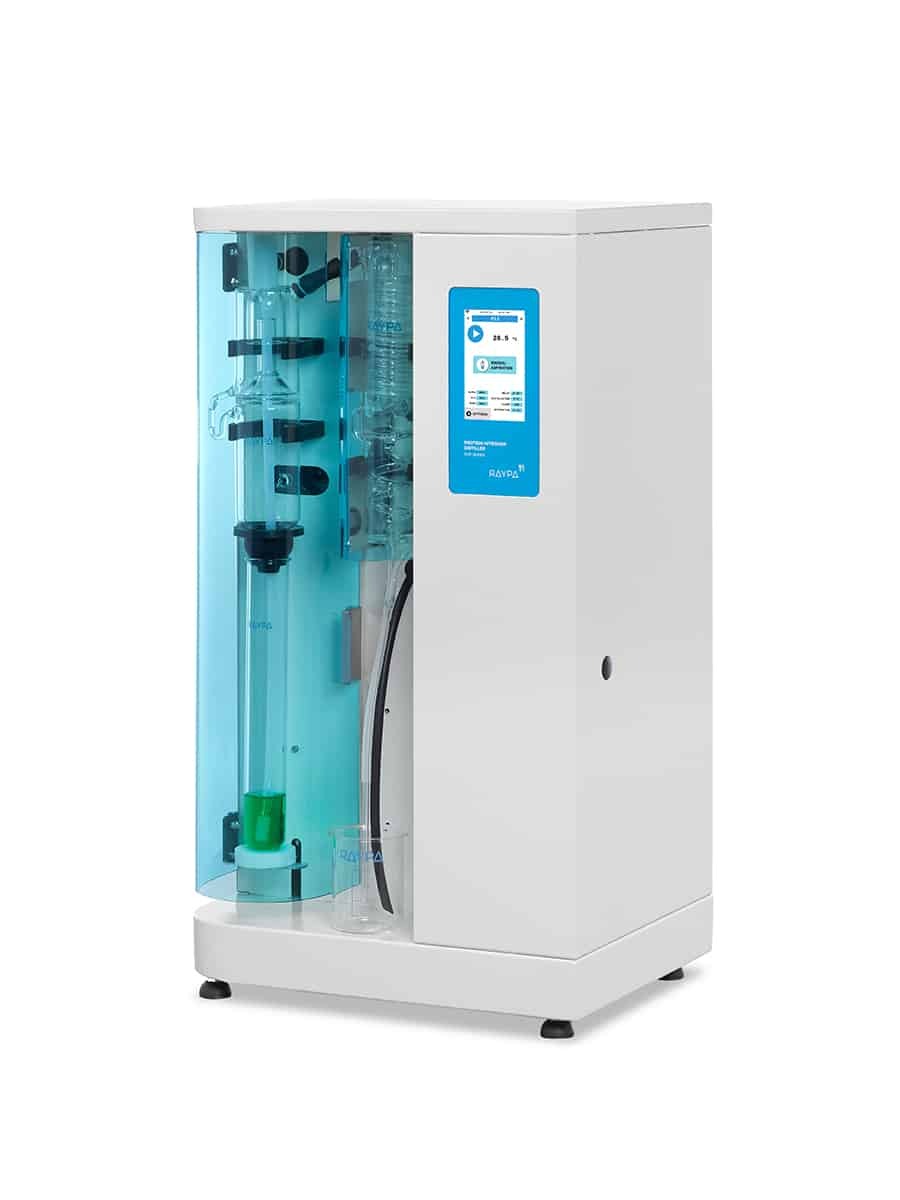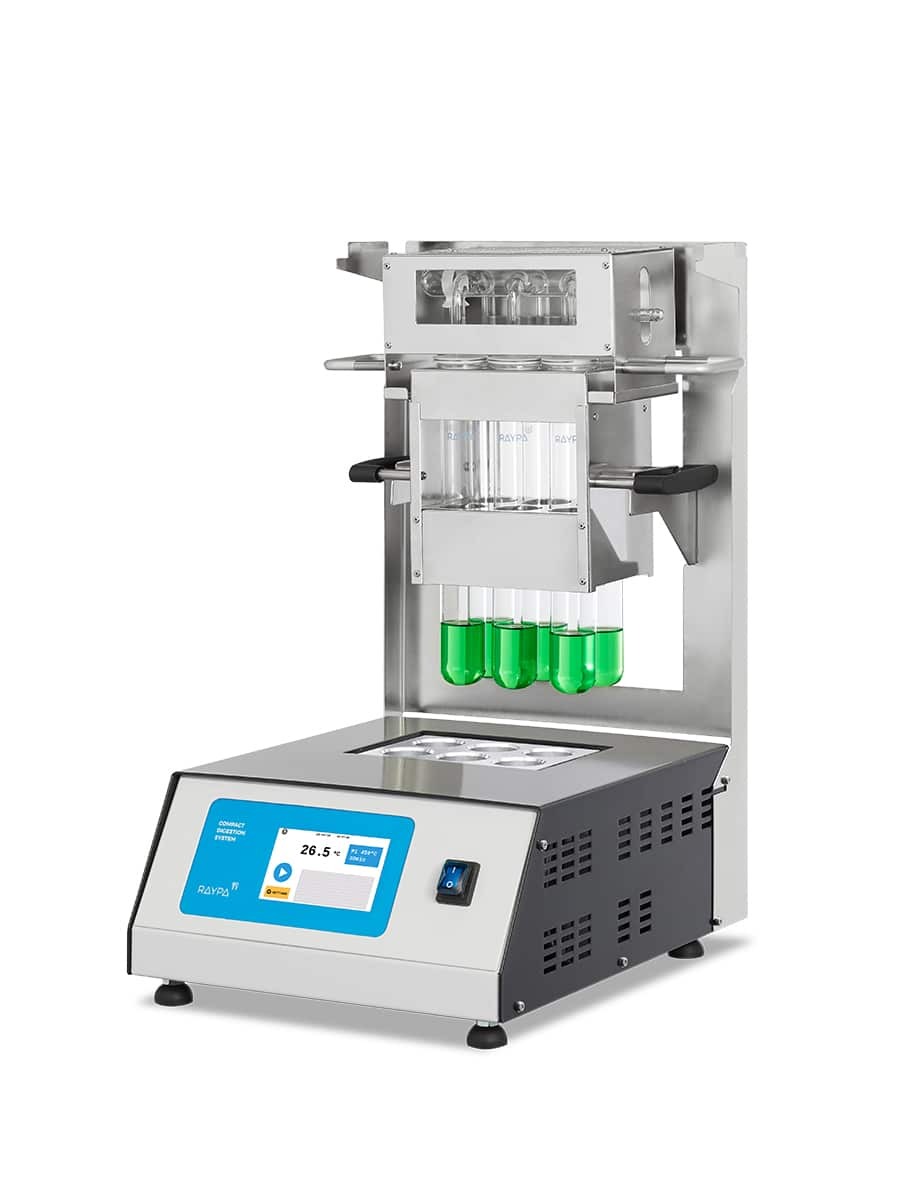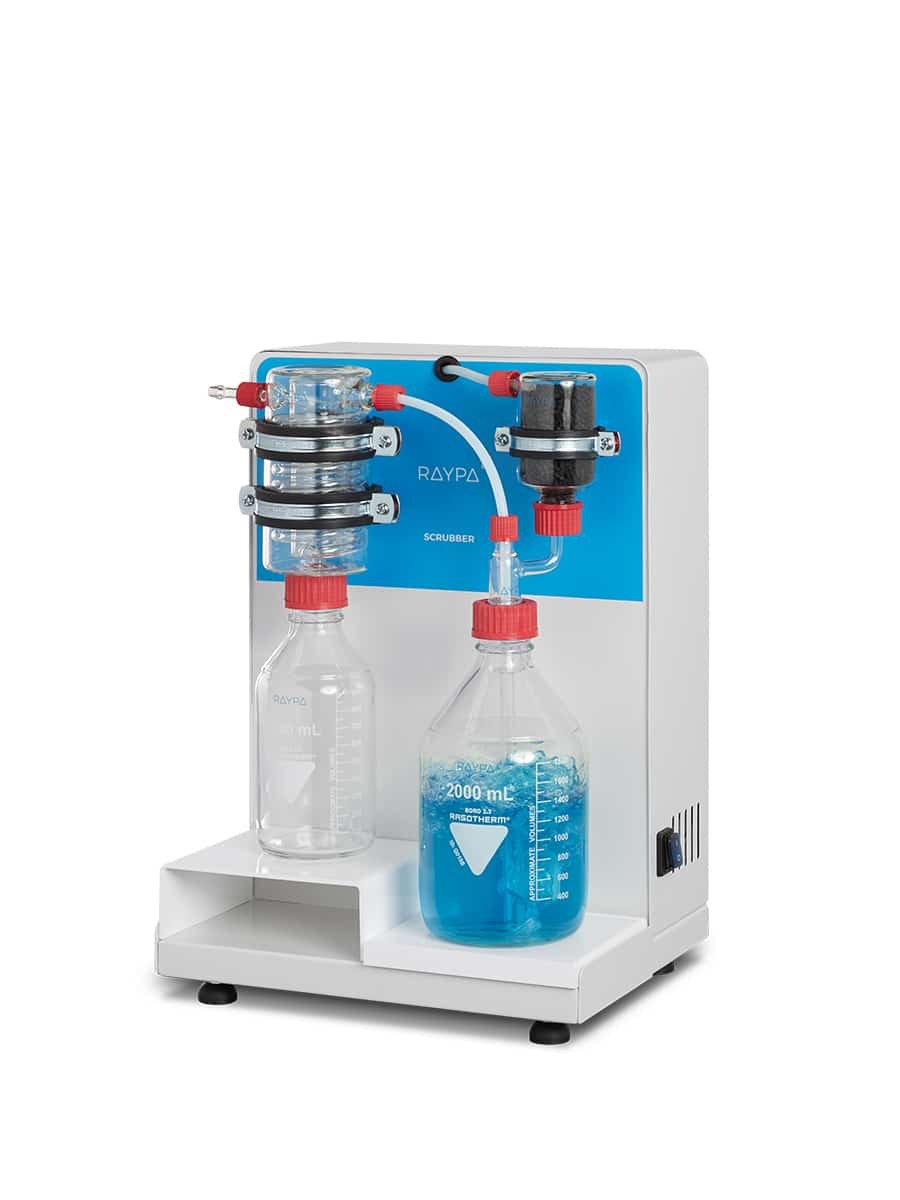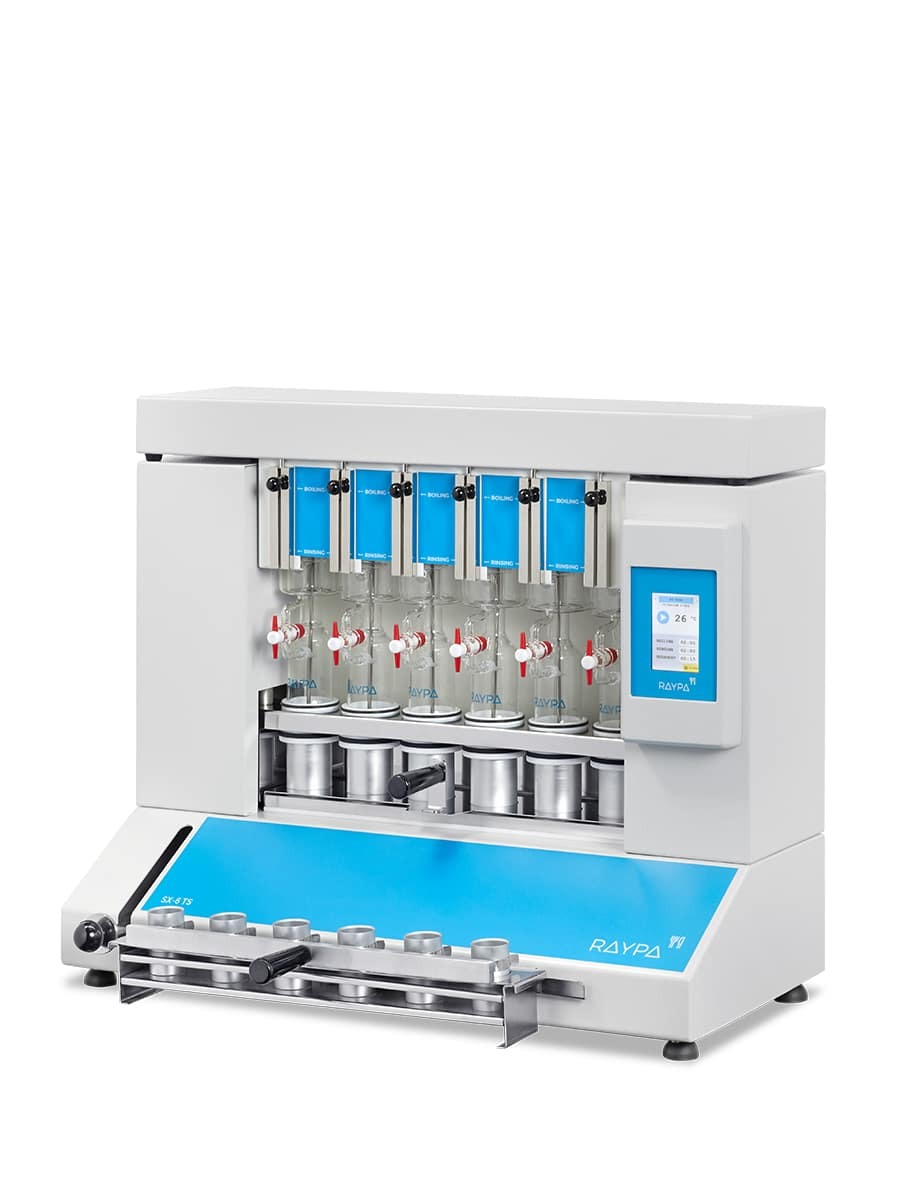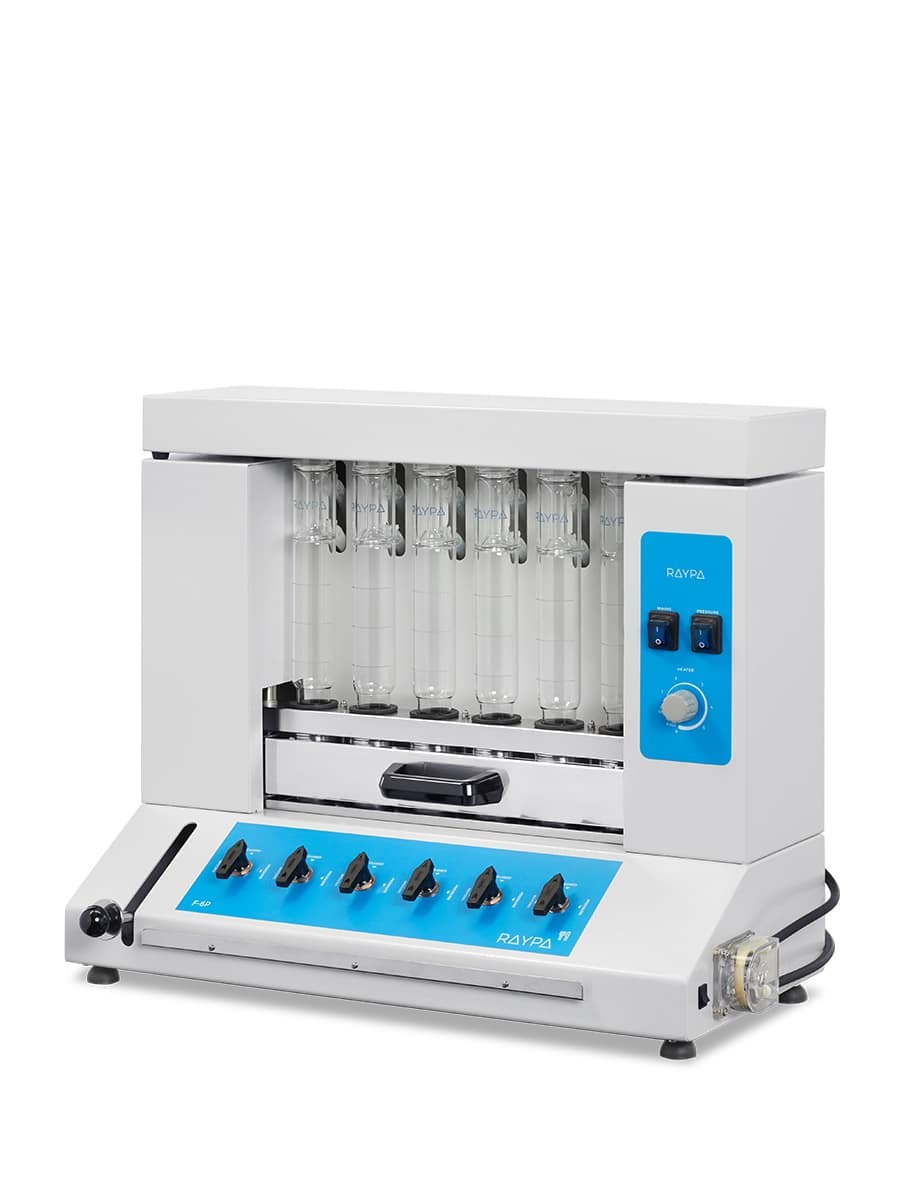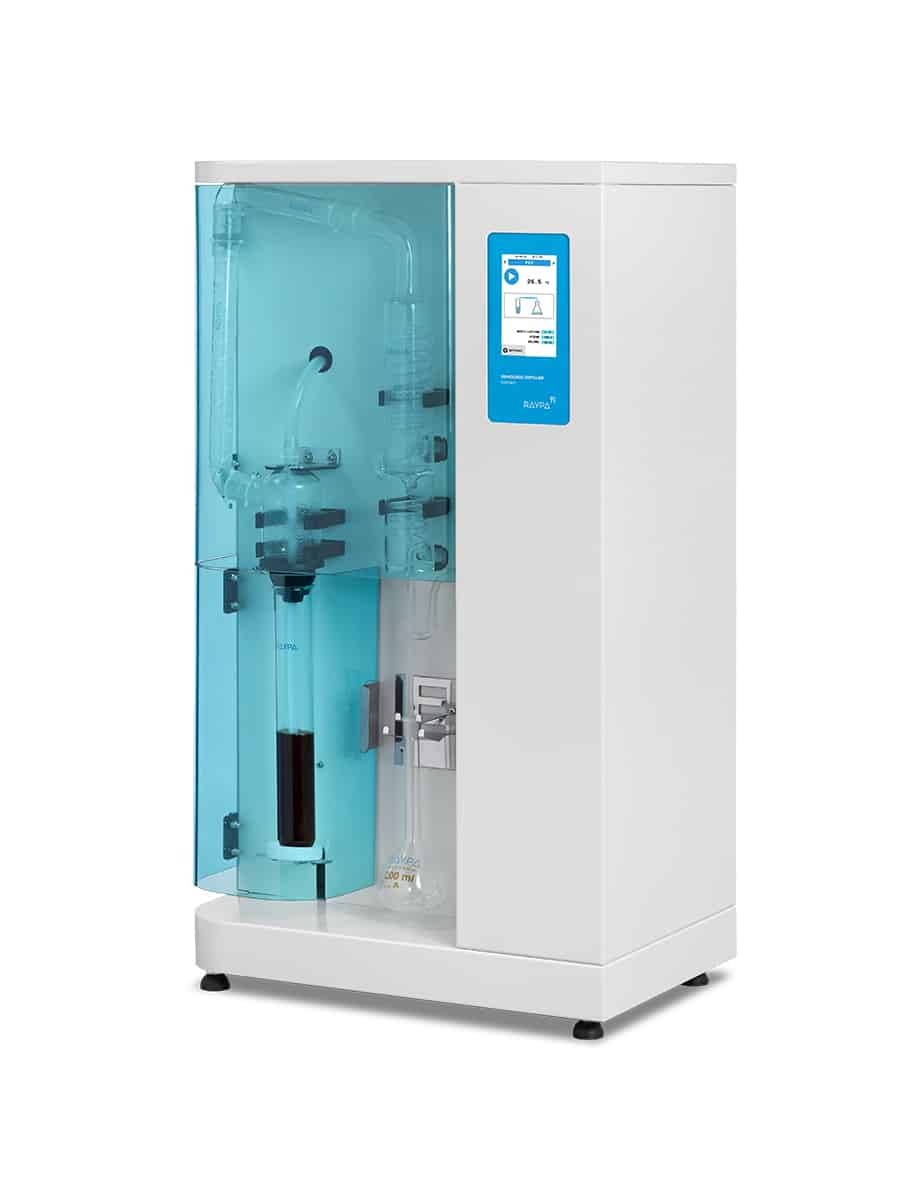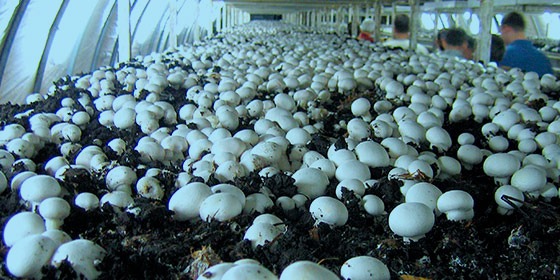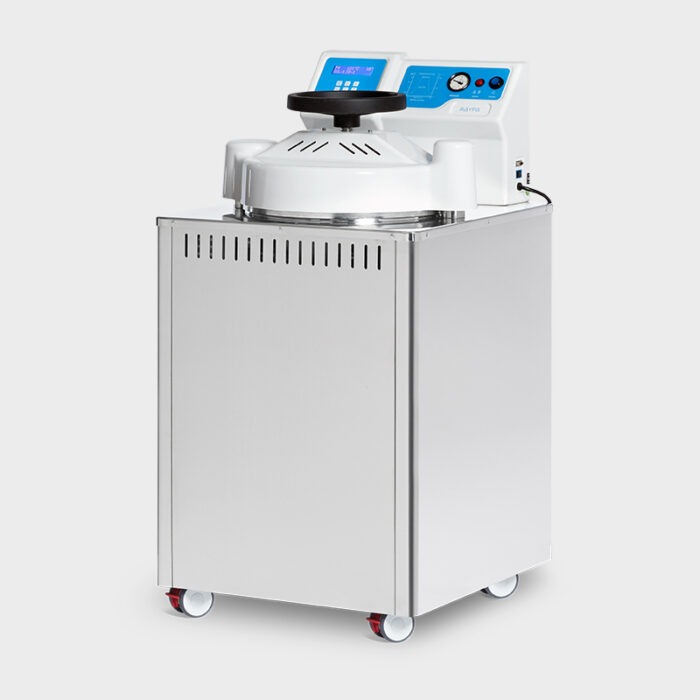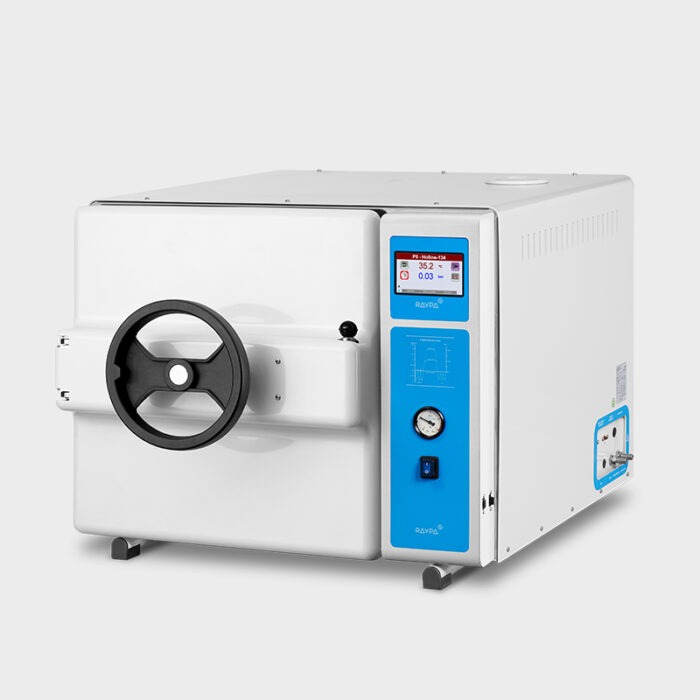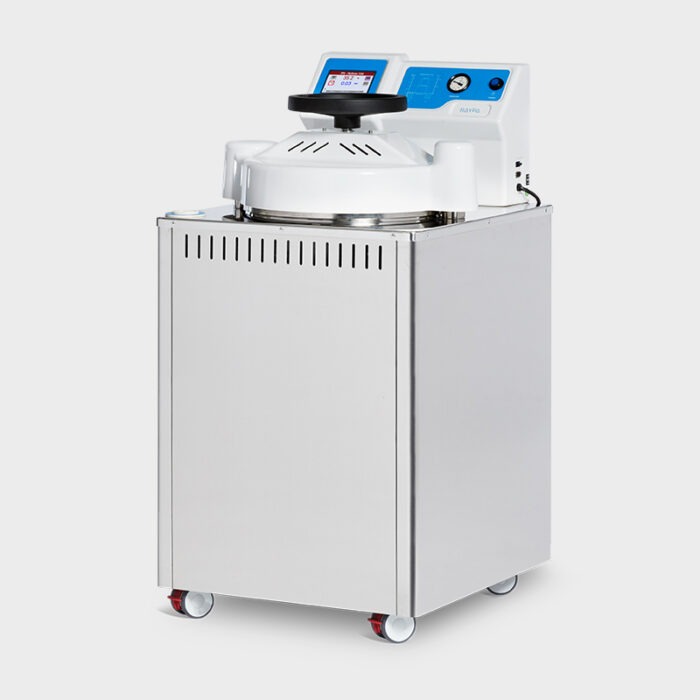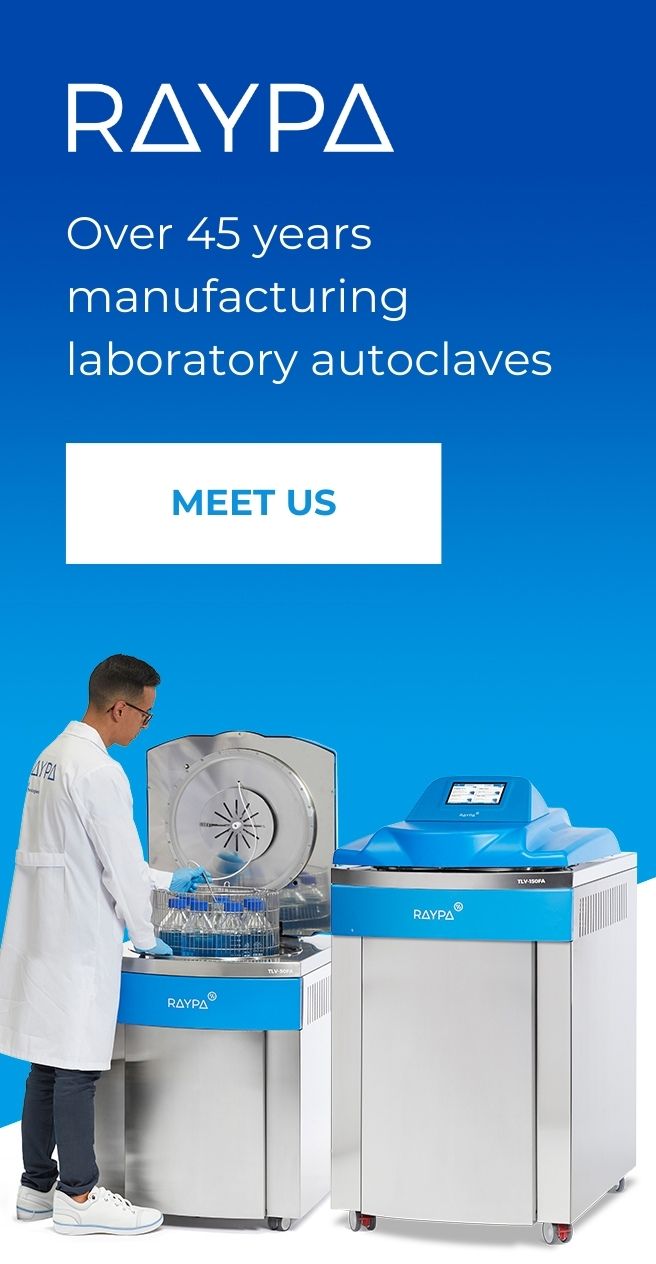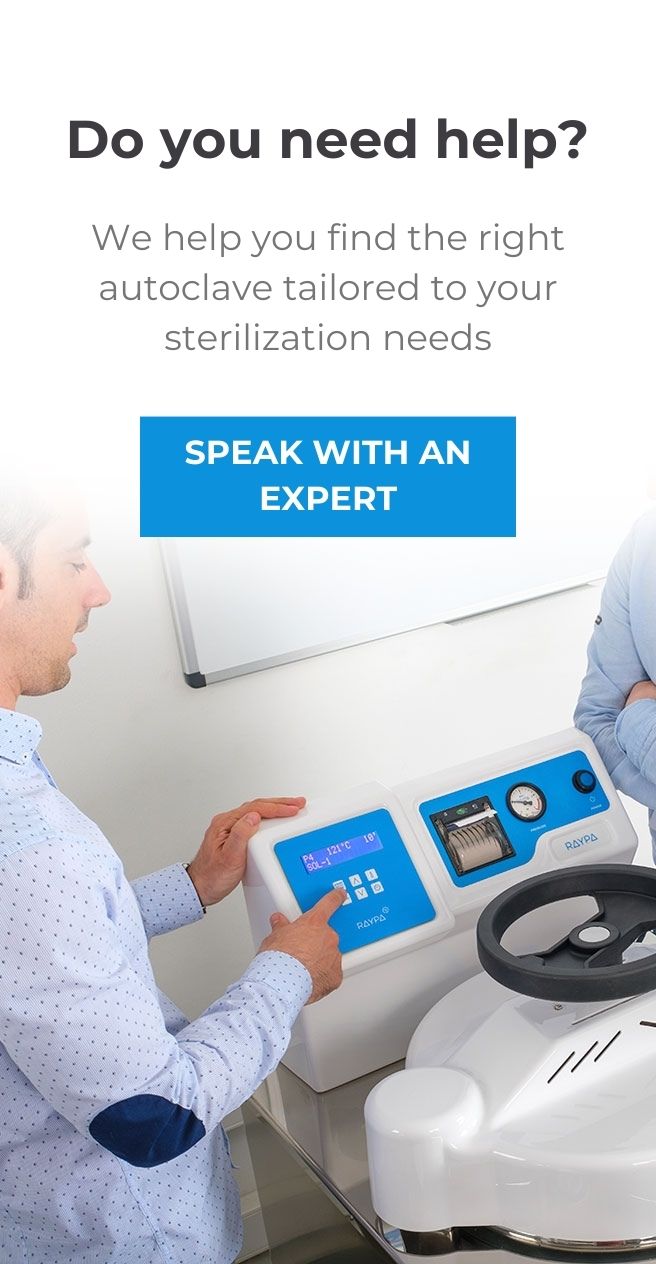¿How to sterilize mushroom substrate? Substrate treatment methods for mushroom cultivation
Cultivating mushrooms on a large scale is an exciting and promising challenge, yet it is accompanied by a series of distinct obstacles. One of the main obstacles in the extensive cultivation of mushrooms is the assurance of a substrate devoid of undesirable microorganisms, including bacteria, viruses, and other fungal species.
Securing this clean environment is essential for achieving a fruitful proliferation of mushrooms. Owing to their susceptibility to microbial contamination, these fungi may experience detrimental effects on their growth and vitality if the substrate in which they are cultivated is compromised. At this critical point, two primary methodologies are employed: pasteurization and sterilization in autoclaves.
Pasteurization is a commonly used method in mushroom cultivation. This process involves heating the substrate to a temperature beneath 100 degrees Celsius (212 degrees Fahrenheit) for a specified duration to eliminate most microorganisms. While pasteurization is effective in reducing the microbial load by up to 95%, it does not guarantee the removal of all microorganisms present in the substrate, nor does it eliminate bacterial spores. This constraint becomes more pronounced in substrates with high density.
Conversely, sterilization represents a technique that guarantees the absolute elimination of all microorganisms present in the substrate, irrespective of its composition or density. This thorough elimination is critical to avoid contamination problems that could potentially ruin an industrial-scale mushroom cultivation operation. To achieve this level of sterility, autoclaves, devices explicitly engineered for such sterilization processes, are employed to treat the substrate.
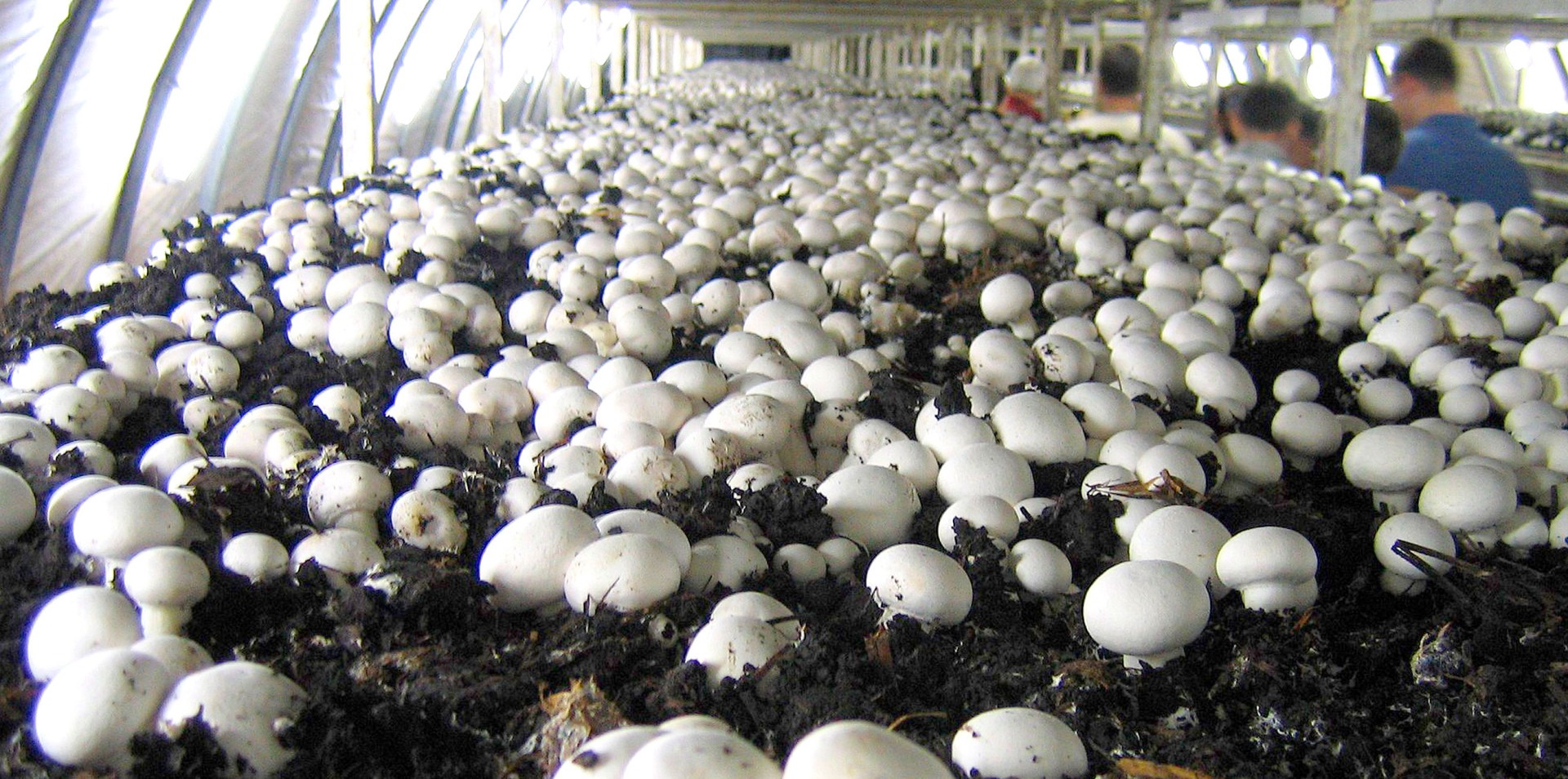
For smaller, artisanal mushroom producers, sterilization might be achieved through the use of pressure cookers or stovetop methods; however, for entities dedicated to mushroom cultivation on a larger scale, mushroom autoclaves stand out as the optimal solution.
Autoclaves not only present a more economical approach in the long run but also markedly diminish the likelihood of contamination, thus establishing them as the favored choice. Their capacity to process substantial quantities of substrate in a single cycle ensures comprehensive sterilization. Moreover, autoclaves provide meticulous control over the parameters and outcomes of each cycle, enhancing the efficiency and reliability of the sterilization process.
Mushroom substrate sterilization with autoclaves
Autoclaves, which employ saturated steam to raise the substrate temperature beyond 100 degrees Celsius (212 degrees Fahrenheit), play a critical role in facilitating effective sterilization. This approach not only guarantees the thorough elimination of all microorganisms and spores from the substrate before the inoculation with fungal spores, but also offers numerous advantages over traditional sterilization techniques, making it particularly effective for diverse substrate types and densities. The duration of the sterilization process can differ significantly, extending from a few minutes to several hours, contingent upon these factors.
A key advantage of using autoclaves for mushroom substrate sterilization is their operational efficiency. Unlike dry heat sterilization, which requires temperatures between 300 and 400°C, autoclaves achieve effective sterilization at just 121°C. This reduced temperature demand not only saves time but also minimizes the potential for compromising the substrate’s integrity, a risk associated with exposure to higher temperatures.
Moreover, autoclave sterilization has the benefit of preserving the substrate’s moisture content, thereby eliminating the need for post-sterilization rehydration. This aspect is particularly advantageous for mushroom cultivation, where moisture plays a pivotal role in ensuring optimal growth conditions.
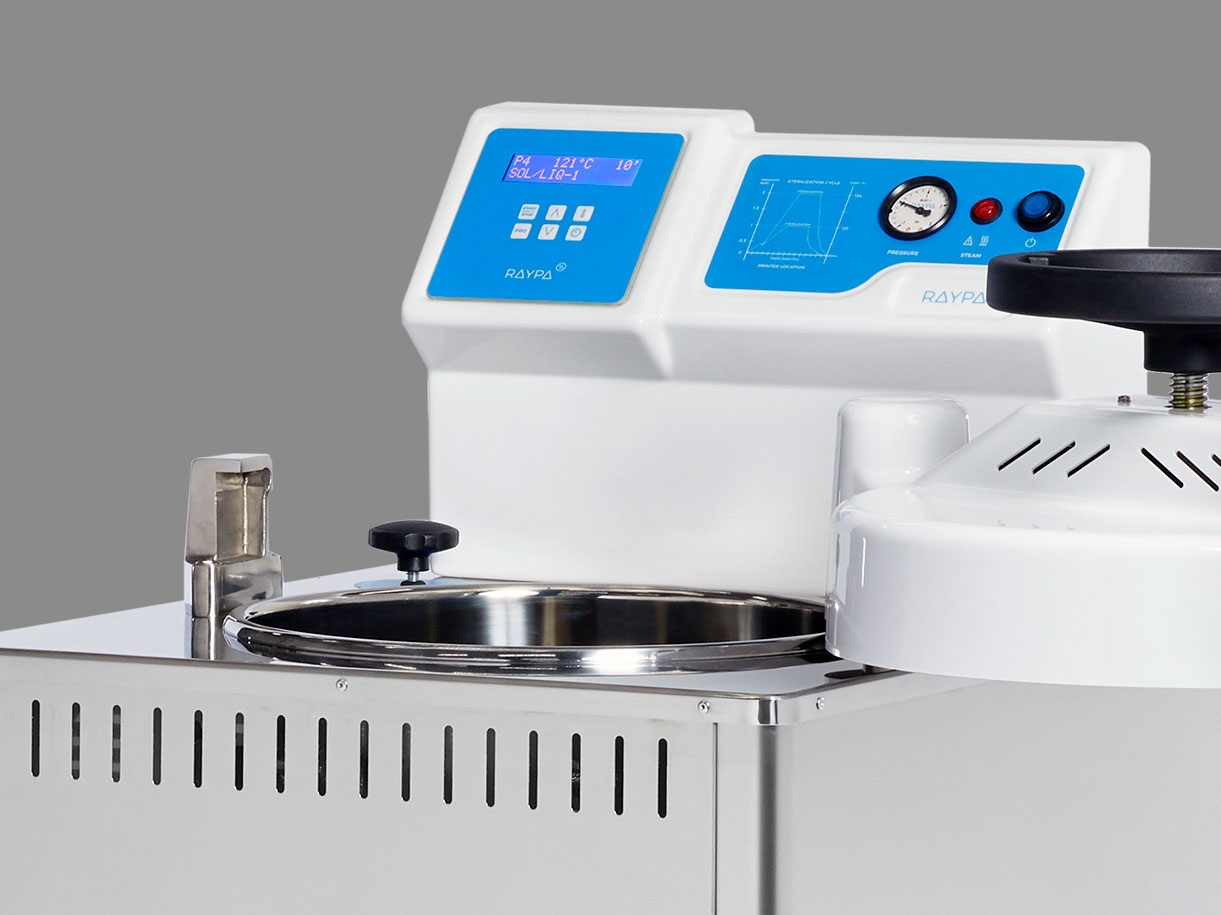
Another significant advantage of autoclave sterilization is its ability to effectively eliminate resilient spores and bacteria that may withstand other sterilization methods. In moist sterilization, heat transfer to the material is rapid and highly efficient, far surpassing alternatives such as dry air sterilization. This ensures that every portion of the substrate is thoroughly sterilized, which is crucial for preventing contamination and ensuring a healthy and productive mushroom cultivation.
In the context of mushroom cultivation at the industrial level, mushroom autoclaves play a key role. The substantial quantities of substrate necessitated for mass production require guaranteed sterility to uphold both the quality and yield of the cultivation efforts.
Although autoclaves may be large-scale equipment due to the demands of industrial cultivation, they represent a worthwhile investment. Their ability to deliver a sterile substrate while preserving the appropriate moisture levels is crucial for the success of mushrooms cultivated on a large scale.
Autoclaves for mushroom cultivation of certified quality
At RAYPA, we design and produce an extensive selection of autoclaves for mushroom substrate sterilization, ensuring precise, safe and efficient sterilization processes. In addition to the diverse range of models, a comprehensive selection of accessories is offered, such as a crane that facilitates the loading and unloading of the substrate, allowing ergonomic and safe handling by operators.
For more detailed and customized guidance on choosing the best autoclave for mushroom cultivation, do not hesitate to reach out to our experts. Working together, we can identify and provide a solution that ensures both efficiency and safety in all your sterilization operations.
Why RAYPA?
GLOBAL REACH
With half a century of experience, we have a lengthy list of satisfied customers around the world. Currently, we export 85% of our annual turnover and have a stable network of distributors in over 100 countries.
EFFICIENT TECHNICAL SERVICE
Our team of highly qualified technicians and engineers is expert in our products. If you experience a technical issue, it will be our priority to rectify it. When you purchase a RAYPA unit, you’re guaranteed top-level support and technical assistance.
EXPERT MANUFACTURER
RAYPA is a global leader in manufacturing laboratory autoclaves. Each of our autoclaves is designed and built entirely at our facilities in Barcelona, ensuring the highest levels of production excellence.
FULL AND CUSTOMIZABLE RANGE
We offer an extensive portfolio of laboratory autoclaves to cover multiple applications and market segments. Discover the combination of autoclave model and accessories that best fits your needs within our 11 series and 35 available models.
INNOVATION AND QUALITY
Our products feature advanced technology, ongoing innovation, superior construction quality, and are designed for a long service life. Our technical and engineering staff works tirelessly every day to optimize our products and exceed our customers’ expectations.
COMPREHENSIVE CONSULTATION
Our team of specialists assesses each project and provides guidance to clients on the option that best suits their requirements. After the sale, we offer training on the use and recommended maintenance of each unit to ensure its optimal operation and extend its lifespan.

